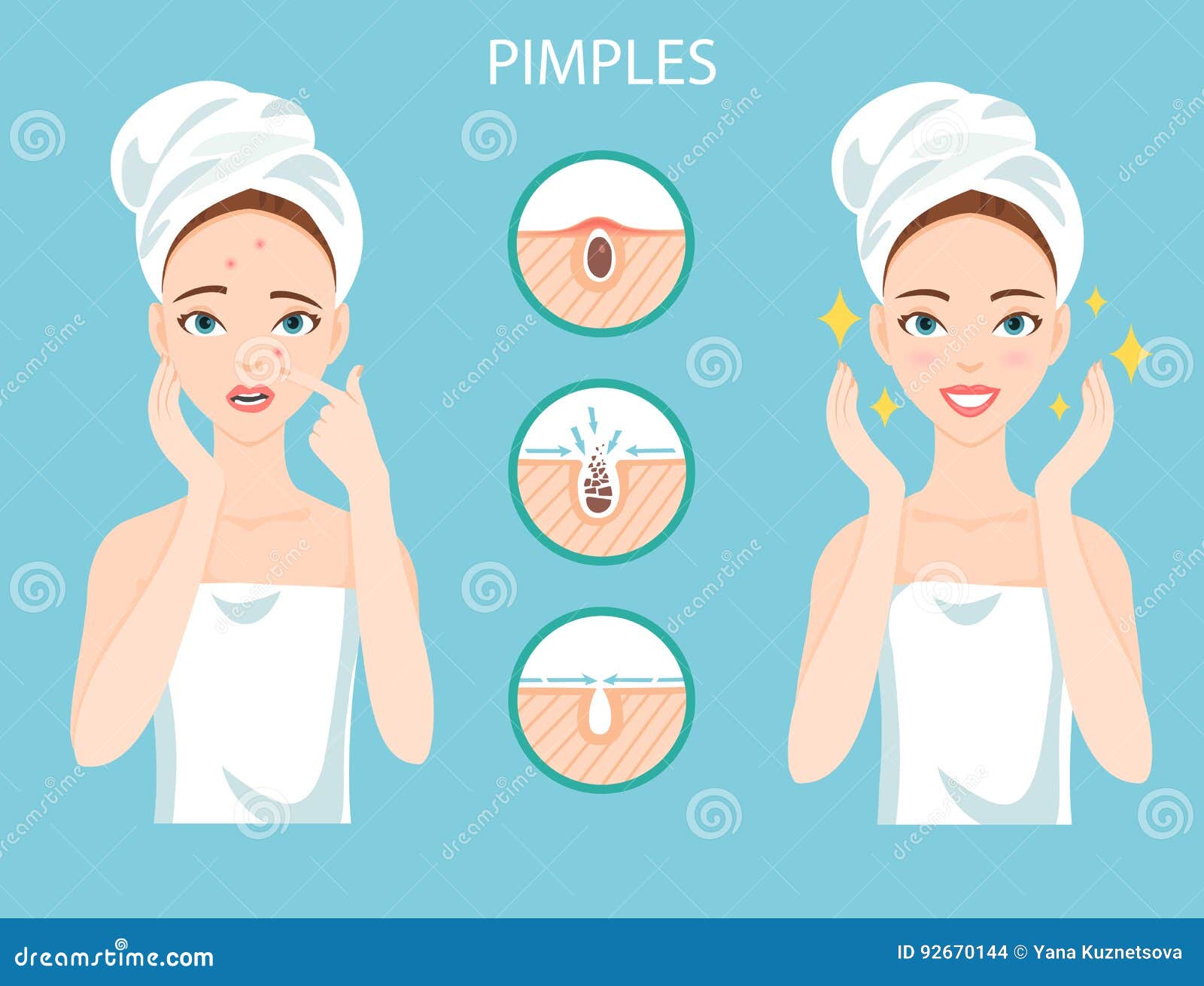Misconceptions And Facts Concerning Acne: Debunking Common Misconceptions
Misconceptions And Facts Concerning Acne: Debunking Common Misconceptions
Blog Article
Content Develop By-McConnell Watts
You may assume that enjoying delicious chocolate or greasy foods is the origin of your acne, but that's just among lots of misconceptions swirling around this usual skin condition. In fact, acne mostly originates from blocked hair follicles, not your last treat. Misconceptions like these can lead you to take on ineffective skin care practices that might even aggravate your situation. As you navigate the facts behind acne, you'll find insights that can change your technique to skincare and assist you achieve more clear skin. So, what truly exists below the surface area?
Common Myths Regarding Acne
When it pertains to acne, lots of people rely on usual myths that can cause complication and disappointment. One prevalent misconception is that consuming delicious chocolate or greasy foods triggers acne. While diet plan can affect skin health and wellness, the direct link between certain foods and acne isn't as precise as lots of assume.
An additional usual false impression is that you need to scrub your face vigorously to clear breakouts. In truth, hostile scrubbing can aggravate your skin and get worse acne.
You might additionally believe that acne only impacts young adults, but adults can experience it as well, commonly as a result of hormone adjustments or stress and anxiety. Some individuals believe that tanning can clean up acne, yet sun direct exposure can actually result in skin damages and aggravate outbreaks in the long run.
https://www.globaltimes.cn/page/202108/1232967.shtml but not least, many believe that utilizing harsh items will certainly remove acne promptly. However, these products can strip your skin of its all-natural oils, resulting in increased irritation and even more breakouts.
Scientific Facts Behind Acne
Understanding the clinical facts behind acne can equip you to tackle this common skin disease better.
Acne occurs when hair roots become obstructed with oil, dead skin cells, and germs. This process typically starts with an overflow of sebum, the oil your skin naturally creates. Hormone adjustments, specifically throughout the age of puberty or menstruation, can activate this excess oil.
Germs called Propionibacterium acnes thrive in these clogged up pores, leading to inflammation. When your immune system responds, it can trigger inflammation and swelling, leading to those pesky pimples or cysts.
Genetics additionally contribute; if your moms and dads had acne, you may be a lot more susceptible to it.
Diet plan and stress and anxiety degrees can influence acne too, however study is still advancing in these areas. While enjoying oily foods won't directly cause breakouts, a well balanced diet can sustain your skin health.
Also, taking care of anxiety can decrease hormone variations that might aggravate acne.
Tips for Managing Acne
Taking care of acne properly requires a combination of everyday skin care behaviors and lifestyle adjustments. Start by developing a consistent skincare routine. Clean your face two times a day with a gentle, non-comedogenic cleanser to get rid of dust and excess oil. Avoid scrubbing also hard, as this can aggravate your skin and worsen acne.
Next off, incorporate products including salicylic acid or benzoyl peroxide to help prevent outbreaks. Always follow up with a light-weight, oil-free cream to maintain your skin hydrated. skinlab forget sun block; choose non-comedogenic choices to shield your skin from UV damage without clogging pores.
Past skincare, take note of your diet regimen. Restriction sugary and greasy foods, and concentrate on fruits, veggies, and entire grains. Remaining moisturized is crucial, so drink a lot of water throughout the day.
Additionally, manage tension with tasks like yoga, meditation, or workout, as stress and anxiety can set off outbreaks.
Last but not least, avoid picking or popping acnes. This can result in scarring and additional swelling. If your acne persists, seek advice from a dermatologist for tailored treatment options.
Verdict
Finally, it's necessary to separate reality from fiction when it comes to acne. By debunking typical myths, you can better recognize your skin and make informed selections for your skincare regimen. So, why remain to rely on obsolete concepts when the reality can encourage you? Accept much healthier practices, concentrate on mild cleaning, and remember that taking care of acne is a trip. With the appropriate knowledge, you're one step better to more clear, healthier skin.
